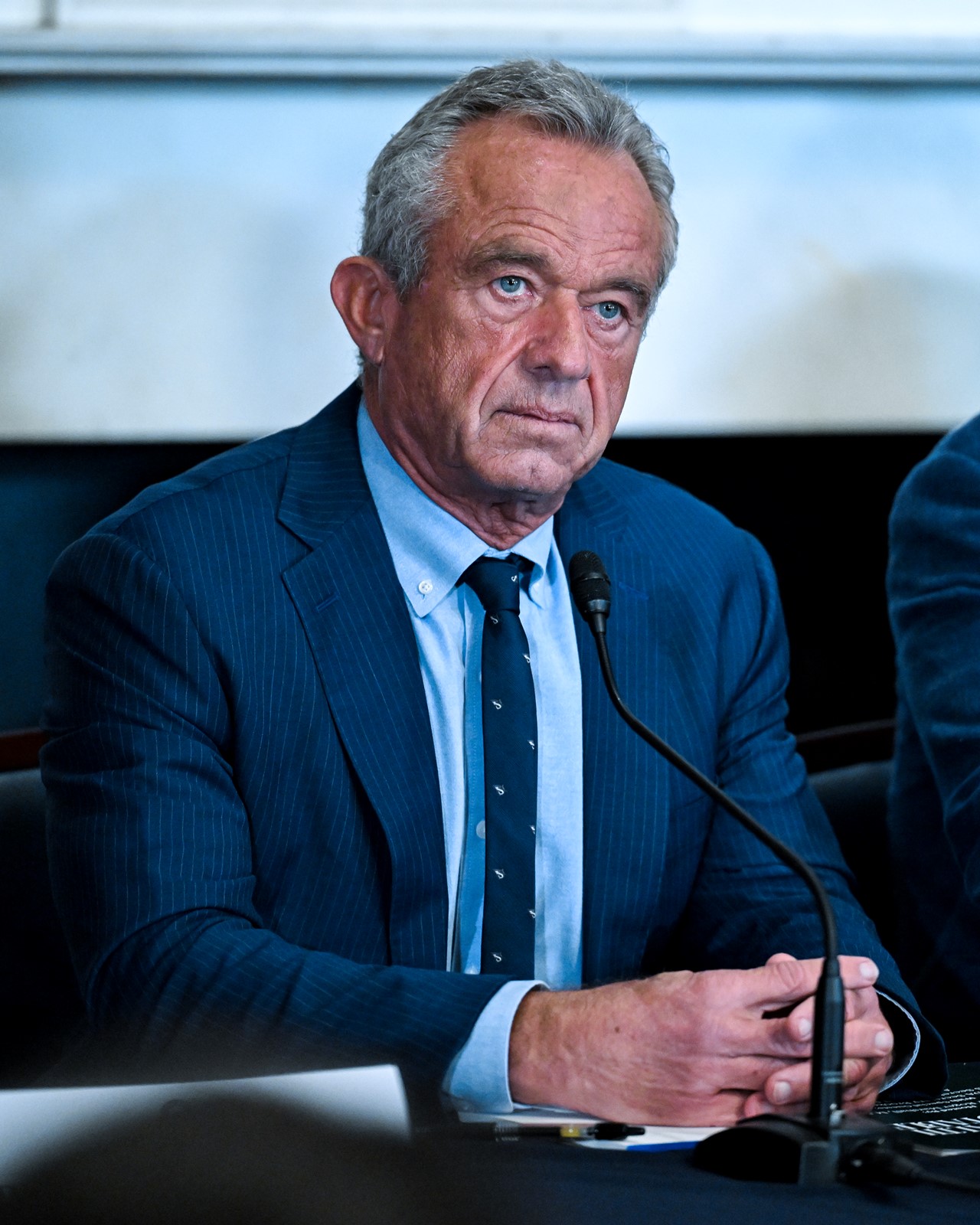
WASHINGTON — Health Secretary Robert F. Kennedy Jr. fired two of his top aides this week, shaking up his leadership team at the Department of Health and Human Services amid an aggressive effort to reshape public health policy.
The firings were of Heather Flick Melanson, his chief of staff, and Hannah Anderson, his deputy chief of staff for policy, according to two people familiar with the matter. They spoke on the condition of anonymity because they were not authorized to speak publicly about the personnel changes.
The reason for the ousters, which were first reported by CNN, was not immediately clear.
Both Flick Melanson and Anderson were seen as steady and effective government veterans. During a recent Senate hearing, Kennedy indicated that they were the people in his office to call to get things done. When one lawmaker raised a concern about regulations governing the amount of sugar in orange juice, Kennedy advised: “Why don’t you call Heather Flick or Hannah Anderson this week? And we will act on that as quickly as we can.”
But Kennedy has also demonstrated that he is willing to muscle his agenda forward. He has pushed ahead with a plan to fire about 20,000 staff members from the health department and pare down 28 divisions to 15 — all amid court challenges. His pressure campaign to rid the nation’s food supply of synthetic dyes has produced some results. Under Kennedy, the department has also taken a series of actions around vaccines that have chipped away at public confidence in the efficacy and safety of the shots.
He fired all 17 members of a federal vaccine policy board that makes influential decisions on the availability of the shots. At least three of the people Kennedy selected to replace the experts he ousted have taken part in lawsuits casting doubt on the safety or efficacy of vaccines.
In its first meeting, the new panel voted to rescind recommendations for flu vaccines that contain the ingredient thimerosal, which Kennedy has long linked to harms.
Kennedy also continued an about-face he has made since his confirmation hearings, when he sought to assure lawmakers he was not “anti-vaccine” despite a long history of questioning immunizations. In a recent appearance on Tucker Carlson’s podcast, Kennedy repeated the claim that vaccines introduced since 1986 “were ushered in without safety studies.”
“And that means no one understands the risk profile of those products,” Kennedy said.
Experts in vaccine safety have pushed back on that notion, pointing out that the Centers for Disease Control and Prevention and the Food and Drug Administration use a number of systems to monitor what are known as adverse events, including some that examine millions of medical records in the United States.
A number of European nations that provide population-wide health care also monitor for adverse events and publish large studies, including a recent one that found no link between aluminum in vaccines and autism.
In a statement, a department spokesperson confirmed the leadership change and said that Matt Buckham would serve as acting chief of staff. Buckham had previously been Kennedy’s White House liaison.
Flick Melanson held several roles in the health department during President Donald Trump’s first term. She was viewed as a pragmatic and effective executive, according to people who worked with her. Anderson had served as staff liaison in the House of Representatives and later worked at the America First Policy Institute, a right-wing think tank.
A person who previously worked with Anderson in the administration described her as someone who often tried to find a practical path that could meet the needs of the current administration while not departing from the established principles of public health.
In discussions about vaccines, this person said, Anderson indicated that Kennedy was looking for changes. But she conveyed that she understood that drastic ones could be detrimental to efforts to protect children from deadly infections.


 PREVIOUS ARTICLE
PREVIOUS ARTICLE
